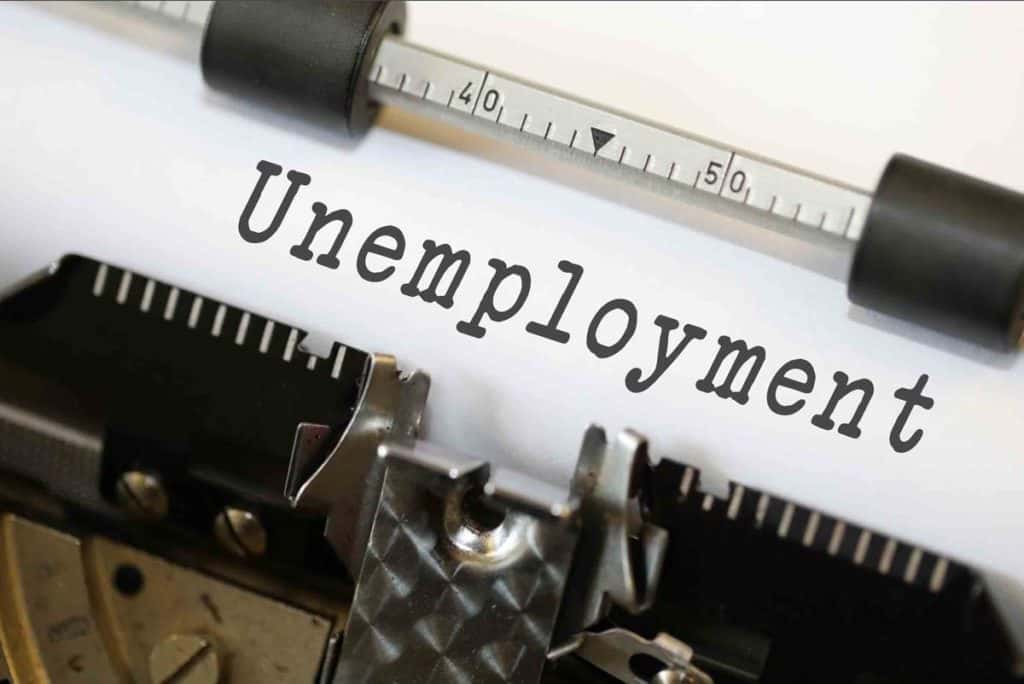The coronavirus pandemic has disrupted the global food system in stressful ways. While hunger has gone up in the United States, there are several places where food is being wasted. The threat of famine in developing countries has grown.
Farming, Food, and Unemployment
Around 50% of the American population ate out before the pandemic. However, the lockdown order shut the retail businesses and collapsed the demand from restaurants, schools, and other institutional feeding arrangements. Consequently forcing the farmers to dump milk and other fresh produce. Not only this, as the number of unemployed in the states reached 30 million, the demand further crippled. It forced several meat processors to euthanize hogs as the development of COVID-19 hotspots in meat processing plants created havoc. That apart, the immigrant workers became another source of uncertainty due to their susceptibility to COVID-19 because of crowded housing and working conditions. Besides, their general availability became uncertain under temporary visa provisions.

US and China Limit Trade
The US plays a prominent role in the global food system, both in finding markets for the one in three acres of its production and supplying new diverse ethnic foods year around. However, several factors stressed this global trade. The boycott of US products by China in2018-19 increased the geopolitical tensions that decreased the trade between both the countries. It was supposed to be laid to rest by ‘phase one’ trade agreement signed earlier this year. However, accusations about the origins of the SARS CoV-2 virus in China disrupted the deal. Besides, rising tensions in the South China Sea and pressure to limit the export of US high technology goods to China may all together undo China’s commitment to importing US agricultural products worth $50 billion.
Countries Change Trade Equations and Limit Exports Amid the Pandemic
On the other hand, China has reduced the import of Australian beef due to sanitary concerns. Also, it imposed heavy import duty on barley port from Australia. Besides, Russia has restricted its wheat exports citing the pandemic situation. Moreover, Vietnam announced to control rice exports but backed off. Such actions indicate that the nations will soon resort to food export controls as the pandemic continues to disrupt the global food system. It has forced policymakers to think about national security and being self-sufficient in food and essential supplies. The Trump administration is reconsidering its heavy reliance on Chinese medical supplies, PPEs, drugs and chemicals, steel, and AI.
The Balance Between Efficiency and Reliability
The trade rules somewhat focus on assuring access to markets rather than guaranteeing access to supplies. The nations may take protective actions that may unfairly and unpredictably disrupt other countries’ access to supplies. The supply pressures, international disputes, or disagreements will continue to rise until the World Trade Organization does not get rid of ineffective disciplines. Consequently, the global food trade disruptions will continue to grow, making the food system less rewarding to farmers and less satisfying to consumers.
In all, although stressed, the overall food supply in the US was never threatened. The current situation hints towards the need to develop a healthier mutual reliance on trade. It requires rules for supply assurances and penalties for non-compliance.